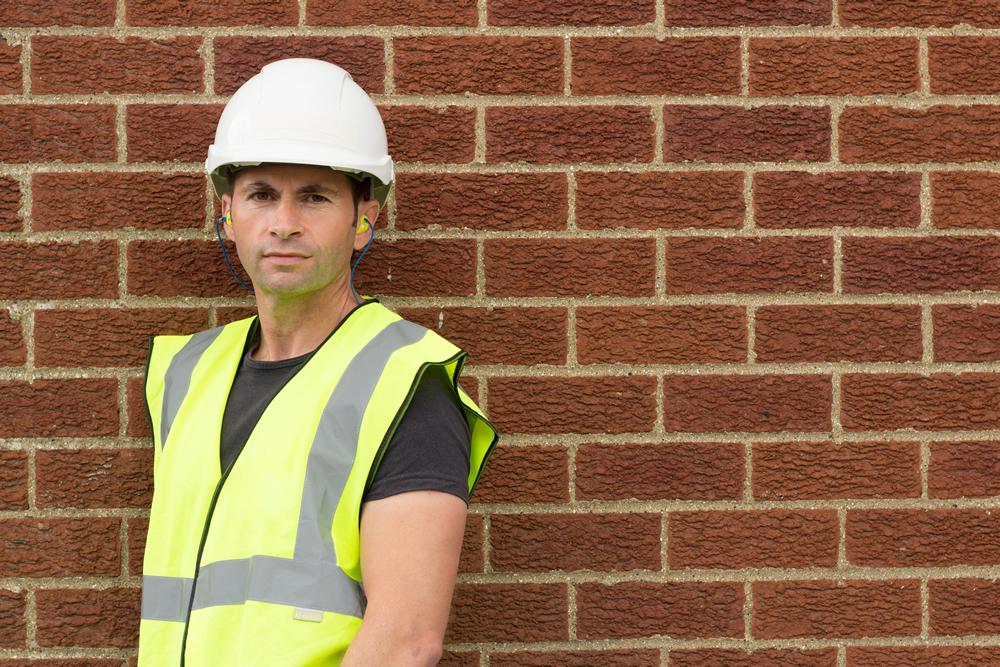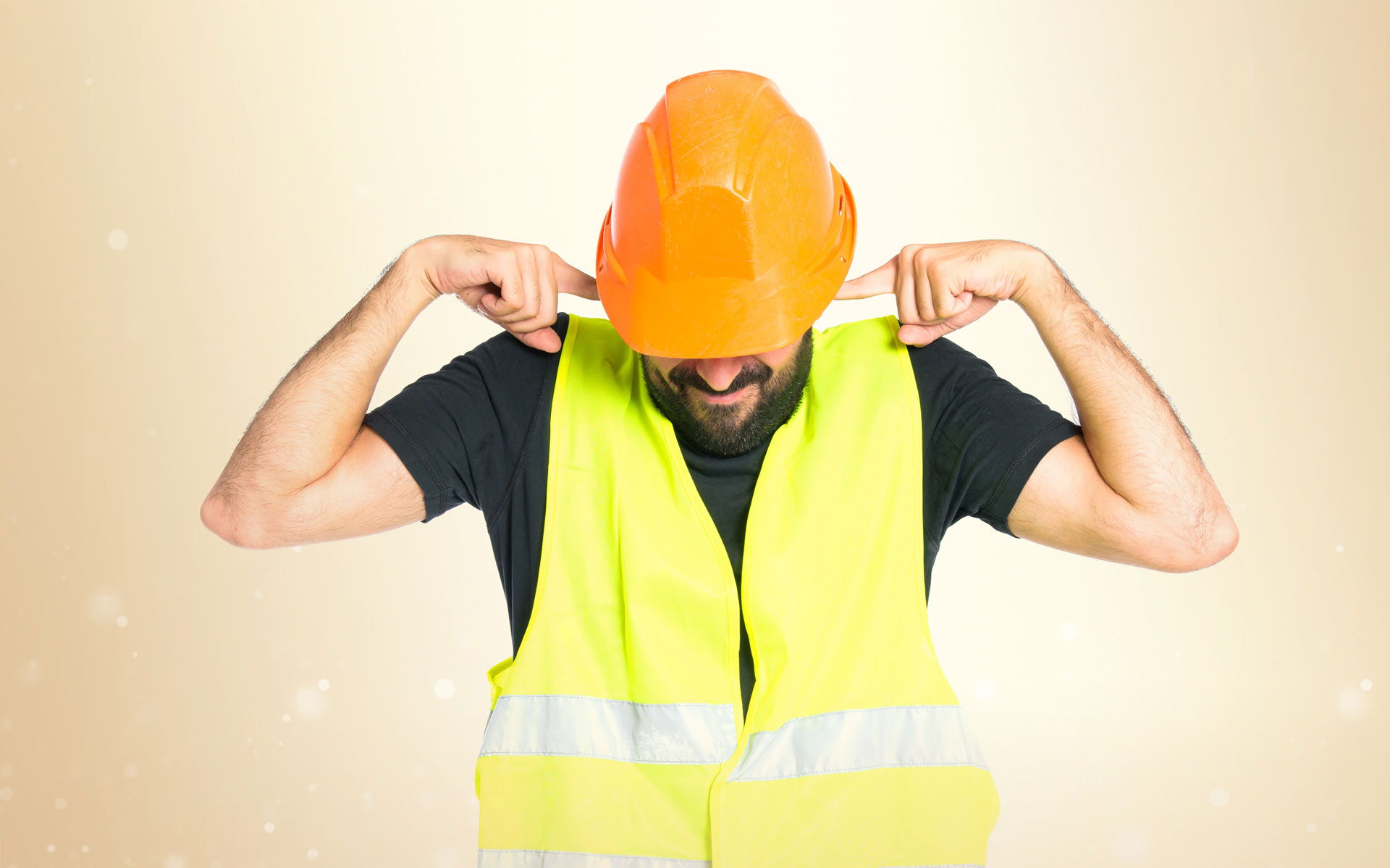Protect Factory Operatives From Tinnitus
Protect Factory Operatives from Tinnitus
Tinnitus is a common condition across all age groups but it is more prevalent for people who have hearing loss. Whilst many sufferers can generally continue with day-to-day activities despite their condition, others are affected severely. About 30% of people experience tinnitus at some time in their life, whilst an estimated 10% suffer persistent tinnitus. Tinnitus can grossly affect quality of life.
The British Tinnitus Association describes the condition as ‘the sensation of hearing a sound in the absence of any external sound.” Sufferers may hear ringing, whooshing, humming and/or buzzing continuously and it can come or go in just one ear, or both. Experiencing tinnitus for the first time can be pretty frightening, and although there is no cure for tinnitus there are things that can be done to manage the condition. Using relaxation techniques, offset sound therapy and hearing aids are all worth a try. Employers can reduce the chances of their workers getting tinnitus by providing them with quality ear protection. Ear plugs can also prevent the condition getting any worse for existing sufferers.
What is the cause?
The exact cause of tinnitus is not known. Experts tend to believe it comes about as the result of some kind of change, either mental or physical. If a person suffers hearing loss, an ear infection or high levels of sudden stress the amount of information being sent to the brain alters. The brain tends to respond by bombarding the ear with requests for information. The bombardment of extra information the ear receives from the brain is the sound we refer to as ‘tinnitus’.
Frequent, prolonged exposure to loud noise increases the risk of tinnitus occurring or making the condition worse for existing sufferers. Protecting ears from very loud sounds (such as hammering metal, power tools, heavy machinery etc.) is a must. Effective ear protection is of course highly recommended for all workers in noisy industrial environments.
The intensity of a noise is universally measured in decibels(dB). However, as well as noise intensity, consideration must be given to the duration of the exposure to the noise. Most international regulations for noise exposure at work state that the loudest noise someone should be exposed to for an 8-hour working day is 85dB. The British Tinnitus Association website explains this very well here.

The Trial
ProtectHear® – the UK’s market leading custom moulded ear plugs, available in 3 colours and have a lifespan of 5 years. Whilst the hearing of ProtectHear® wearers is adequately protected from industrial noise they can still hear speech, warnings and alarms as they go about their day-to-day activities. Factory radio communications integration options are also available with ProtectHear® ear plugs.
To move forward with a ‘Try Before you Buy’ trial a ProtectHear® technician will visit your factory to take ear impressions of your workers. Individuals can each have a unique pair of custom made earplugs that will last them 5 years.
Check out our costs savings calculator here.
Book an appointment today now by phoning 01507 604322 during normal office hours. Alternatively contact us via our online enquiry form here at any time.




